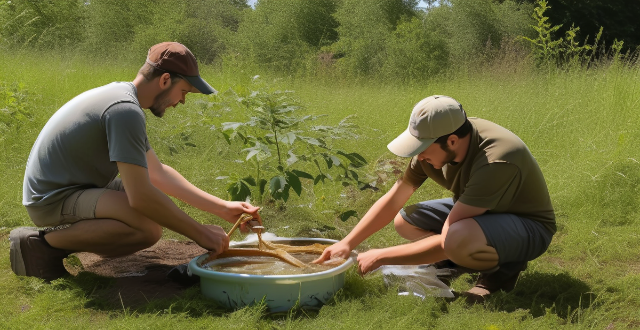Festivals and celebrations play a crucial role in shaping local snack traditions by fostering community building, cultural exchange, preservation of traditions, economic impact, and innovation and creativity. These events bring people together, share culinary traditions, preserve heritage, support local economies, and inspire new recipes and dishes.

The Significance of Festivals and Celebrations in Shaping Local Snack Traditions
Festivals and celebrations play a crucial role in shaping local snack traditions. These events bring people together, fostering a sense of community and shared cultural experiences. In this article, we will explore the significance of festivals and celebrations in shaping local snack traditions.
Community Building
Festivals and celebrations are communal events that bring people from all walks of life together. They provide an opportunity for individuals to connect with their neighbors, friends, and family members. This sense of community is essential in shaping local snack traditions. When people come together to celebrate, they share food and recipes, passing down culinary traditions from one generation to the next.
Cultural Exchange
Festivities often involve cultural exchange, where different communities come together to celebrate. This exchange allows for the sharing of culinary traditions and the creation of new ones. For example, during the Chinese New Year, families gather to enjoy traditional snacks such as dumplings, spring rolls, and rice cakes. These dishes have become part of the Chinese culinary tradition due to their association with the festival.
Preservation of Traditions
Festivals and celebrations serve as a means of preserving culinary traditions. By continuing to celebrate these events, communities ensure that their culinary heritage remains alive. For instance, during Diwali, Indians prepare a variety of traditional snacks such as barfi, ladoo, and gulab jamun. These dishes have been passed down through generations and continue to be enjoyed during the festival.
Economic Impact
Festivals and celebrations also have an economic impact on local snack traditions. Many businesses rely on these events to generate revenue by selling food and drinks. This not only supports local economies but also encourages innovation in the culinary industry. For example, during Oktoberfest in Germany, vendors sell traditional German snacks such as pretzels, sausages, and sauerkraut. These snacks have become synonymous with the festival and contribute to its success each year.
Innovation and Creativity
Finally, festivals and celebrations inspire innovation and creativity in local snack traditions. Chefs and home cooks alike experiment with new flavors and ingredients to create unique dishes that reflect their cultural heritage. This leads to the development of new culinary traditions that can be passed down through generations. For instance, during Thanksgiving in the United States, families come up with innovative twists on classic dishes like mashed potatoes or green bean casserole. These new recipes become part of the family's culinary tradition and are passed down through generations.
In conclusion, festivals and celebrations play a significant role in shaping local snack traditions. They foster a sense of community, promote cultural exchange, preserve culinary heritage, support local economies, and inspire innovation and creativity. As we continue to celebrate these events, we ensure that our culinary traditions remain alive for future generations to enjoy.